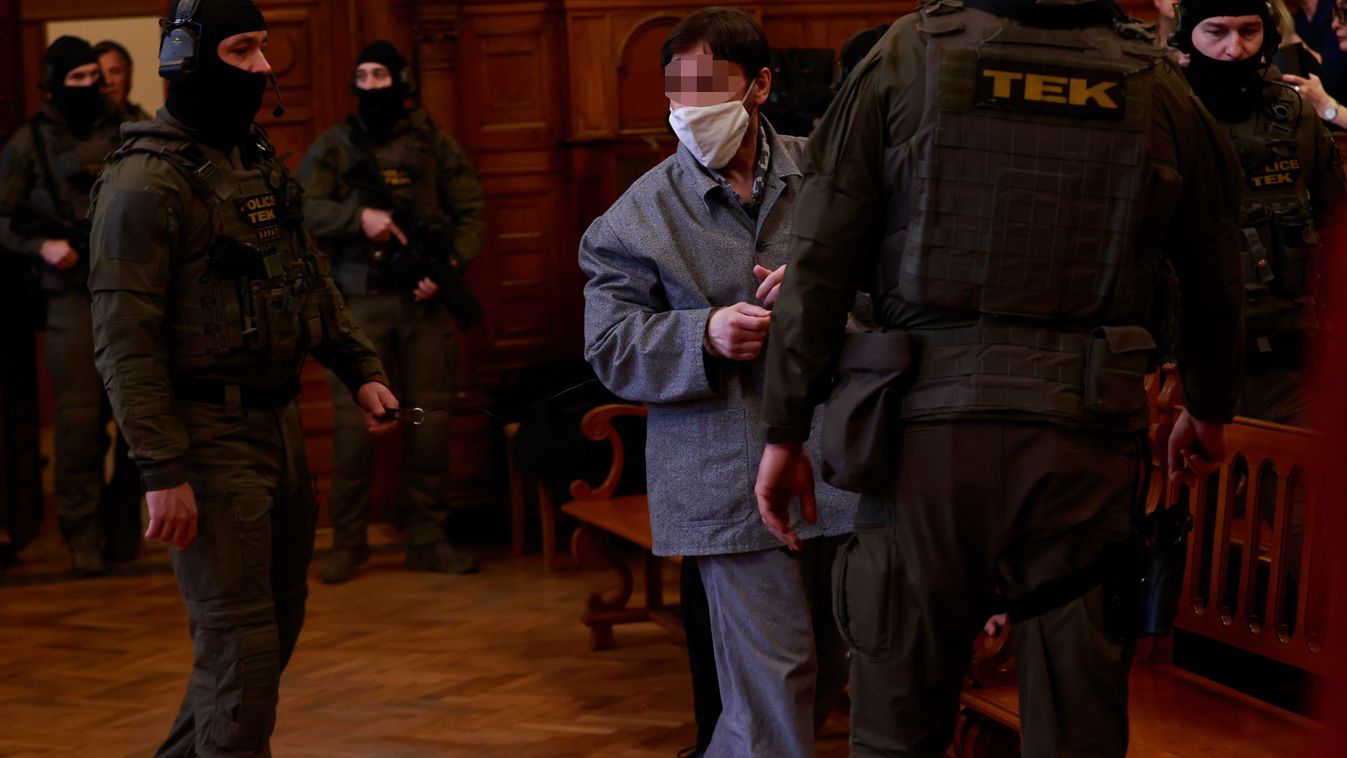Speaking of which, there is still no explanation as to how Gabor Konczy, the niece of the SZDSZ's HOA Interior Minister, got the position of Energol company secretary. Naturally, Christina Vanko performed more than just secretarial duties: she had the key to the company's treasury, was also authorized to manage the house treasury, and even made many decisions in the economic affairs of the company.
General Gorega.
After the series of frauds were exposed, the relationship between the secret services and oil companies was investigated several times, and during these investigations the name of General István Kerekes, referred to as “Gorega”, emerged, who was disciplinary dismissed from the National Security Office. (NBH) Shortly before becoming one of the founders of Energol, he came. . It is possible that the general did not actually leave the services, but was assigned to Energol.
The press at the time drew attention to the disciplinary system being “stinking” for several reasons.
On the one hand, because he was sent because of a violation committed every day by people who work with classified materials, and for which no one is fired. On the other hand, because almost immediately after his departure, he set up a company with a number of “businessmen” who were well known to the police and had a checkered past, without NBH or the police showing the slightest interest in the new company. Business creation and ownership structure.
The Energol Rt connection has also been confirmed. Secret Service through the former Galactic nation's information that since 1995, Energol has been placed under the close supervision of military countermeasures and the company. From its “trade policy” Every moment had to be reported to Géza Stefan, the powerful head of the Military Security Bureau who graduated from the Soviet Union and died in 2009.
He also dismantled the illegal actions of Hungarian politics
The operation of Energol Street also served major political interests. During this period – since 1992 – the UN embargo was in force against Serbia. However, despite the restrictions, Russia tried to help Milošević's regime by all means.
After the Socialists came to power in 1994, Stefan Géza, who had excellent relations with Russia, responded to a friendly request and allowed some oil shipments to pass through the country via Energol – of which he was the chief supervisor.
There was a documented shipment in which an entire oil train traveled to the southern border, where it was turned back due to an address error, but on the way back the tanks contained water instead of oil. The liquid gold must have ended up in Serbia. According to Hungarian investigations, Bortek also reported these illegal oil shipments to the US authorities.
High intelligence skills
During interrogation on November 15, 2011, Lagos Galambos, the former leader of the National Bureau of Investigation who had been arrested on suspicion of espionage, was also questioned about whether Bortek could have been recruited by the CIA or the FBI. But according to Galambos, he was not aware of these relationships. Interestingly, it was revealed that Bortek was involved with the FBI in the proceedings against Laszlo Visowiecki, who was convicted of police bribery and tax evasion. According to a Crown witness in the case, a corrupt police chief told him that the former Energol boss had been trained by the FBI.
The fact that Bortek was recruited and trained by the FBI or CIA was not specifically described in the relevant summary report, obtained by our newspaper, but was treated as a fact that the oil criminal had high-level knowledge of the Secret Service.
The investigation discovered: Tamás Bortek could have gained all this knowledge even from his Hungarian connections in his homeland.
But strikingly, according to them, almost nothing is known about Bortek's long stay in the United States, and the FBI has not provided any details in this regard even after repeated requests from Hungary.
Cover image: Tamas Bortek (Photo: Arpad Kuruc)












































